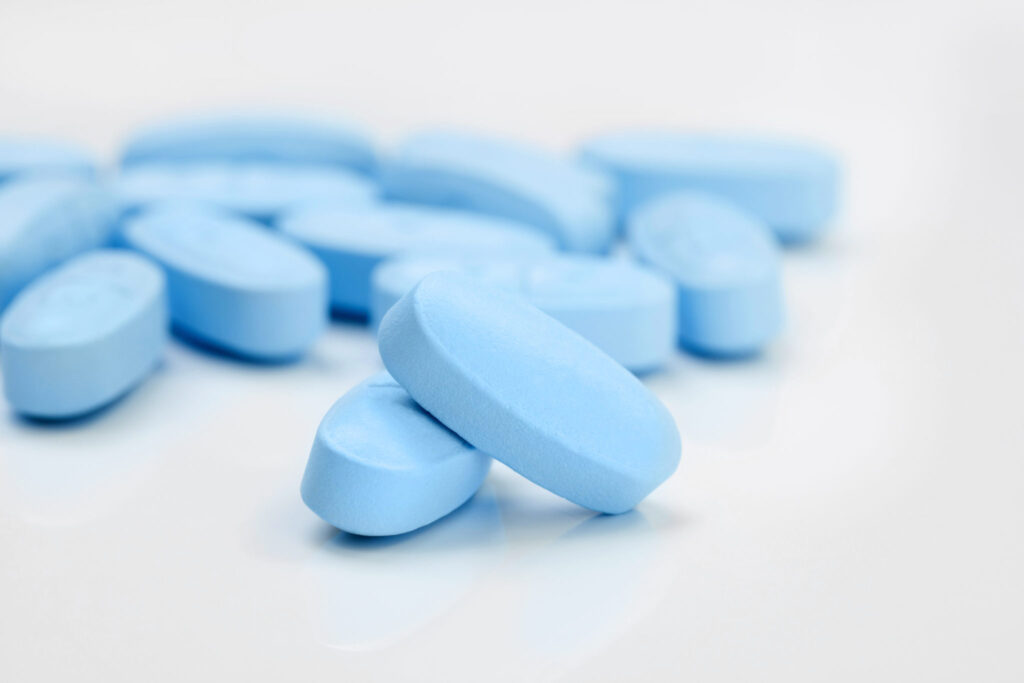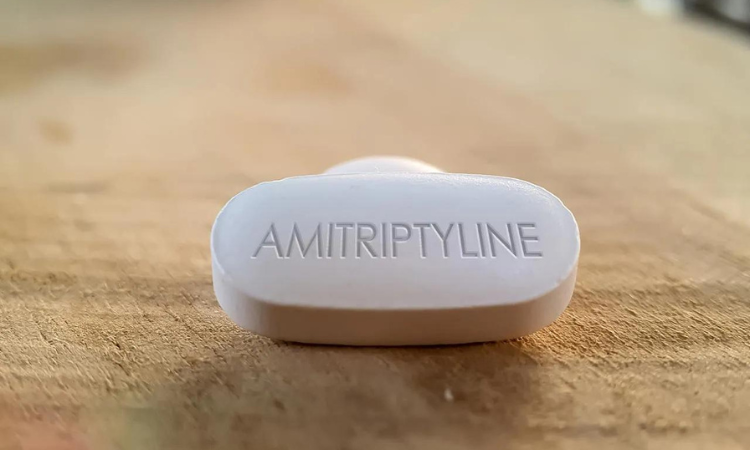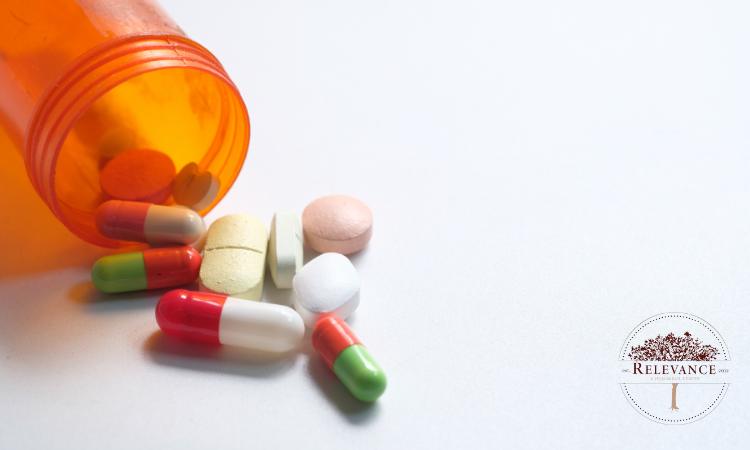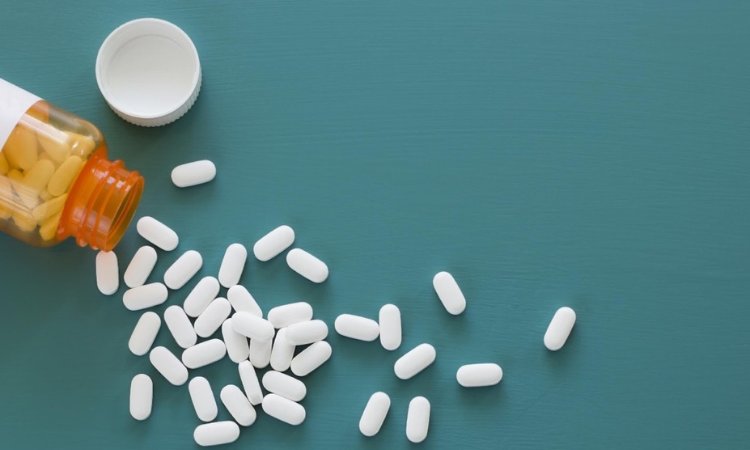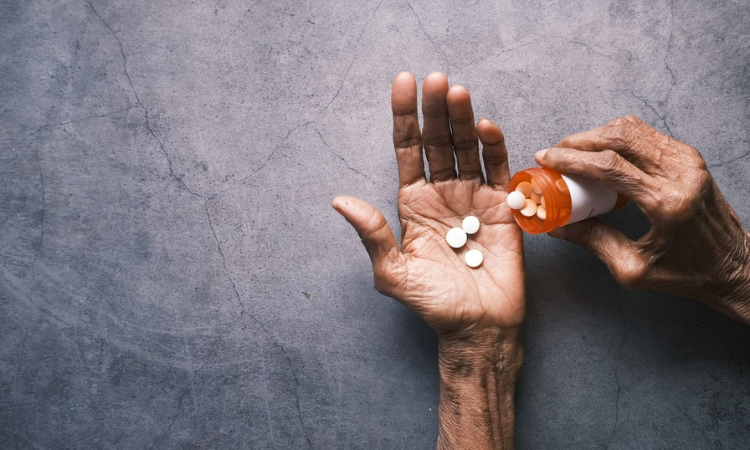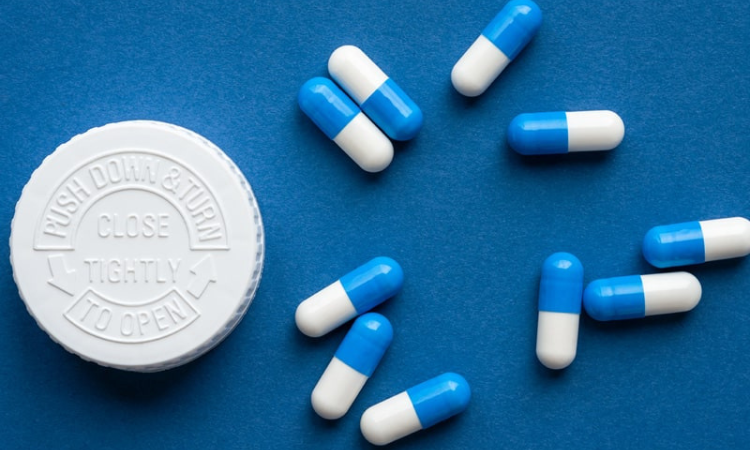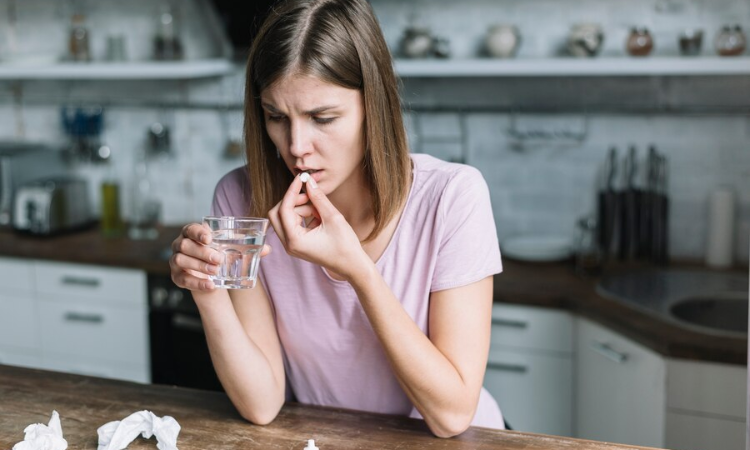Diagnosing depression can sound daunting, but if done the right way you can get the best treatment to relieve your depression.
According to the WHO, 280 million people worldwide suffer from depression. Further some statistics state that patients with untreated depressive disorders have a nearly 20% lifetime risk of suicide.
It’s common for adult and teen depression to go unrecognized, but if you feel like your depression has persisted for a while and has been worse than usual, it is the time to speak with a mental health expert and get your depression diagnosed.
While it’s better to avoid trying to self-diagnose and is beneficial to keep a list of the symptoms of depression you experience and discuss it with your doctor while diagnosing your depression.
Continue reading this go-to guide to learn how diagnosing depression works and understand the criteria for it. We also will share some preventive measures that one can take to feel better after going through a depression.
Wondering what are the possible causes of your depression? Read: How To Identify The Causes Of Depression In The Brain?
Table Of Contents
- What Are Some Common Signs Of Depression?
- When To Seek Help?
- Basis Of Diagnosing Depression
- What Is DSM And DSM-5?
- Criteria For Diagnosis Of Depression
- Depression Assessment Instruments And Scales
- Tips For Helping Your Doctor With Diagnosis Of Depression
- Preventive Measures For Depression
- Bottom Line
What Are Some Common Signs Of Depression?
Before we jump on to understand diagnosing depression, let’s have a quick look at some of the most common signs of depression.
- Emotions of despair or pessimism
- Persistent sad mood or feeling “empty”
- Feelings of anxiety
- Feelings of unease, irritation, and frustration
- Unpredictable mood swings
- Feeling guilty, helpless, and hopeless
- Loss of interest in previously loved activities
- Low on energy or exhaustion
- Lack of focus
- Unwanted changes in appetite or weight
- Sleeping disorders
- Unknown physical aches and pains like headaches, cramps, or digestive issues that do not improve despite treatment
- Suicide attempts or thoughts of suicide
When To Seek Help?
Depression can show various signs and symptoms that can adversely affect your life and daily activities. You should visit a mental health expert if you have depressive symptoms that last for most of the day, every day for more than two weeks. The expert can provide you with a precise diagnosis and treatment recommendations.
In a nutshell, it’s especially crucial to consult a doctor if you:
- have persistent depressive symptoms that are not improving
- notice that your mood has an impact on your relationships with your family and friends, your work, and your other interests
- having thoughts about harming or killing oneself
When you’re sad, it can often be tough to believe that getting depression treatment can help. But the quicker you get help, the faster your depression will get better.
Basis Of Diagnosing Depression
Your doctor or mental health professional may consider the following basis for diagnosing your depression.
Psychiatric Consultation And Assessment
Your mental health expert will also enquire about your signs, symptoms, patterns of thought and behavior, and feelings. To assist in addressing these questions, you might be requested to complete a questionnaire.
Physical Examination
Your doctor may start the diagnosis with a physical examination followed by some health-related questions. This is done to determine whether the underlying cause of your depression is any physical health issue or not.
Lab Tests
To make sure your thyroid is operating properly, your doctor may also perform a blood test called a complete blood count or test your thyroid.
Follow DSM -5
The Diagnostic and Statistical Manual of Mental Disorders (DSM-5) issued by the American Psychiatric Association may be used by your mental health provider to determine whether you meet the criteria for depression.
What Is DSM And DSM-5?
The Diagnostic and Statistical Manual of Mental Disorders (DSM) is the definitive manual or handbook for diagnosing mental disorders. It is utilized by medical professionals in the United States and most of the rest of the world. DSM includes descriptions, symptoms, and other standards and criteria for diagnosing mental disorders.
The American Psychiatric Association (APA) is the one who is responsible for writing, editing, reviewing, and publishing this handbook.
The fifth, and most recent, version of this book is indicated by the number “5” next to the name of the DSM. The DSM-5 was initially made available in May 2013. In March 2022, the APA published the fifth edition in a revised form. This variation is referred to as the DSM-5-TR, where TR stands for “text revision.”
Accurate diagnosis is the first step in treating any medical illness, be it physical or emotional. The DSM-5 enters the picture here. It offers in-depth and concise definitions of mental illnesses. It also gives descriptions and illustrations of the symptoms of such illnesses.
The DSM-5 classifies conditions in addition to describing and discussing each one. This makes it simpler for medical professionals to correctly diagnose illnesses and distinguish them from ones with comparable signs and symptoms.
Criteria For Diagnosis Of Depression
The necessary criteria to diagnose depression as per DSM-5 are as follows.
- At least 5 symptoms must be present for not less than two weeks.
- At least one of those symptoms must be either (1) a sad or depressed mood or (2) a lack of interest or pleasure.
These emotions must also be accompanied by at least five additional depressive symptoms, such as:
- changed appetite, weight loss, or gain
- insomnia
- frequent low energy levels and fatigue
- feeling worthless, hopeless, and guilty
- a lack of focus and concentration that could make it difficult to complete everyday tasks at work, home, or school
- unusually slow or agitated movements
- suicidal thoughts or attempts
Additional Required Criteria
- The above symptoms must cause the person clinically significant distress or impairment in social, occupational, or other critical areas of functioning to be diagnosed as depression.
- Other mental health problems, such as bipolar disorder and schizoaffective disorder, that can have a depression component but are not always major depressive disorders must be ruled out by doctors.
- A person must not have experienced a manic or hypomanic episode to be diagnosed with major depression; otherwise, bipolar disorder would be the proper diagnosis.
- Lastly, a medical expert must determine that the person’s symptoms do not have other causes, such as medical conditions, drug side effects, or usage of illegal substances.
Depression Assessment Instruments And Scales
Here are some of the most commonly used depression assessment instruments and scales for diagnosing depression.
Beck Depression Inventory (BDI)
A popular self-reported questionnaire used to evaluate the signs, severity, and behavioral aspects of depression is the Beck Depression Inventory (BDI).
There are 21 multiple-choice questions in the BDI. These questions take around 10 minutes to answer. It assesses depression signs and symptoms like hopelessness and changes in food and sleep. The scoring is done on a 4-point scale for each question, and the higher scores will indicate more severe symptoms of depression.
BDI can be utilized for patients of the age of 13 to 80. The BDI’s validity and reliability have been tested in populations all around the world, gaining a high value.
Center For Epidemiologic Studies Depression Scale (CES-D)
In primary care settings, the Center for Epidemiologic Studies Depression Scale (CES-D), which was created for use with the general public, is being utilized as a depression screener.
It has been evaluated on groups from various cultural and gender backgrounds and upholds a constant validity.
It has 20 self-report items that are scored on a 4-point scale and measure the main aspects of depression that people experienced in the previous week.
Children as young as 6 years old and older adults can utilize the CES-D. When scoring is included, administering the scale takes roughly 20 minutes.
Hamilton Rating Scale for Depression (HRSD)
The HRSD is regarded as the “gold standard” for diagnosing depression in clinical trials and research studies.
Higher scores indicate more severe symptoms. The HRSD rates 17 items on a 5- or 7-point scale. It is often used in therapeutic settings to identify depression and monitor the evolution of symptoms. To finish and score, it takes between 15 and 20 minutes.
EQ-5D
A standardized, non-disease-specific tool for characterizing and assessing health-related quality of life is the EQ-5D.
The test evaluates five aspects of quality of life: mobility, self-care, regular activities, pain or discomfort, and anxiety or depressive symptoms.
These factors are scored on a 3-point scale that can be used to provide a single summary score, with higher scores indicating greater health.
Montgomery-Åsberg Depression Rating Scale
The severity of depression in people 18 years of age and older is assessed using the 10-item Montgomery-Åsberg Depression Rating Scale (MADRS).
For rating each item a 7-point scale is used. The scale, which was developed as an adaptation of the Hamilton Depression Rating Scale, is more responsive to changes over time. It takes 20 to 30 minutes to complete the scale.
Tips For Helping Your Doctor With Diagnosis Of Depression
Write down your doubts and concerns about depression before you visit the doctor.
The things that you can write down include your physical and mental health issues, symptoms that you are experiencing, any earlier illness that you had suffered from, and any present or past medications that you were or are consuming. You may also list down your lifestyle habits and questions about depression if any.
Obtaining a thorough family history from family members before seeing your doctor is also beneficial. The doctor can use this information to ensure an accurate diagnosis and efficient care.
Also, during the diagnosis, while responding to the questions of your doctor, make an effort to be as honest as you can. It is important to realize that the conversation you have with the doctor is assured to be kept private. This rule will only be broken if there is a real threat to your safety or the safety of others, and doing so would be made safer by alerting a family member or carer.
These actions can help the doctor to establish whether you have depression and how severe it is by hearing about your symptoms and how they are impacting you.
Preventive Measures For Depression
In general, depression isn’t considered to be completely preventable. It is challenging to identify the root causes, making prevention more challenging.
However, after going through a depressed episode, you may be better equipped to avoid another one by knowing which dietary adjustments and medical procedures are beneficial.
A few preventive measures for depression that can improve your lifestyle include daily exercise, ensuring a quality sleeping routine, and maintaining any ongoing depression treatment to avoid relapse. Also, stress-reducing practices like meditation and yoga can be performed. Lastly, ensure that you build strong relationships with your family and friends.
Bottom Line
It takes several steps to diagnose depression, which frequently starts when a person realizes they don’t feel exactly like themselves. In some instances, your loved ones may become aware of the early warning signs of depression and encourage you to get help.
Before seeking help from a mental health expert, you may find it beneficial to use user-friendly online screening tools or quizzes to help you analyze your symptoms. However, it is still crucial to speak to trained medical and mental health specialists who can diagnose and treat your depression.
If your symptoms persist longer, it is recommended to seek immediate help. Also, it is essential to remember that the more effort you put into the diagnosis of your depression, the better your mental health care expert can diagnose and treat it. Your goal needs to be early detection and positive lifestyle changes along with medical treatment to treat your depression more effectively.
Get immediate professional mental help for diagnosing and treating your depression with Relevance Recovery by clicking here.

